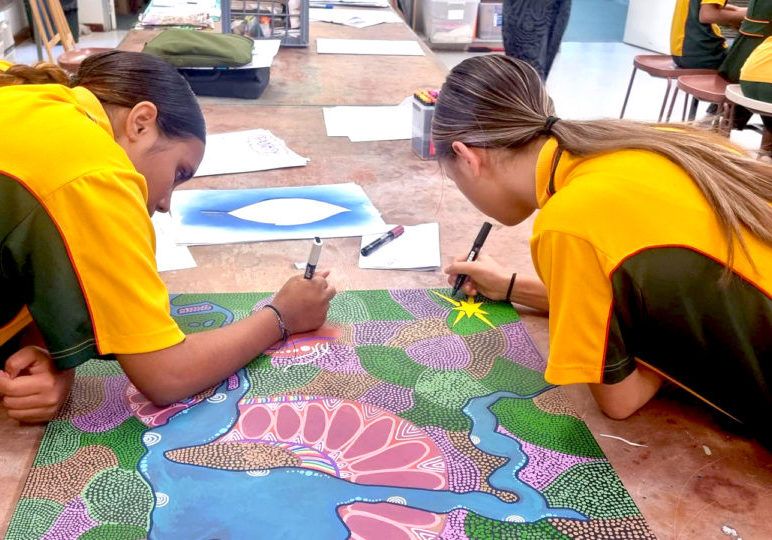World Day Against Trafficking in Persons – who made my clothes?
28 July 2020
This week, in recognition of the United Nations World Day Against Trafficking in Persons, we are sharing information about an issue that affects us all: modern slavery.
Apparel is one of the top industries plagued by modern slavery and forced labour, which are found throughout multiple tiers of the apparel supply chain.
In apparel, forced labour is found long before the fabric is sewn at a garment manufacturing factory.
It starts as early as the cotton harvest; slave labour can be used to pick the cotton, sew the garment, and even to model the finished product.
Forced labour is also found in fabric dying and mining of minerals for zippers and snaps.
‘Fast fashion’ has generated a need for companies to produce garments at a cheaper price, and in order to respond more rapidly to fashion’s latest trends, manufacturers need to make more clothes at a lower cost.
By not paying employees a fair wage (or any wage), billion-dollar corporations are able to generate a greater profit.
When we buy from these companies, we are supporting their exploitative practices. Fast fashion needs a Fashion Revolution.
The next time we shop in fast fashion, let’s pause to remember that the product we’re holding is not just a product of labour and the environment; but also a product of systems of oppression.
Slowing down when shopping is not about feeling guilty, but about remaining aware of the realities and being conscious of how our money can be used positively.
We can challenge ourselves to make our next purchase from a business that knows its supply chain and is taking steps against modern slavery, and choose clothes that will last and wear them until they are truly worn out.
We can also use social media to ask our favourite brands what they are doing about modern slavery and pressure them to do more, if necessary.
Catholic organisations across Australia that purchase work and school uniforms, linens and other textile products will also assess and address the risk of modern slavery in the procurement of these products in the coming years.
In the meantime, head to Shop For Good on Facebook to become a more ethical consumer and fashion revolutionary!




